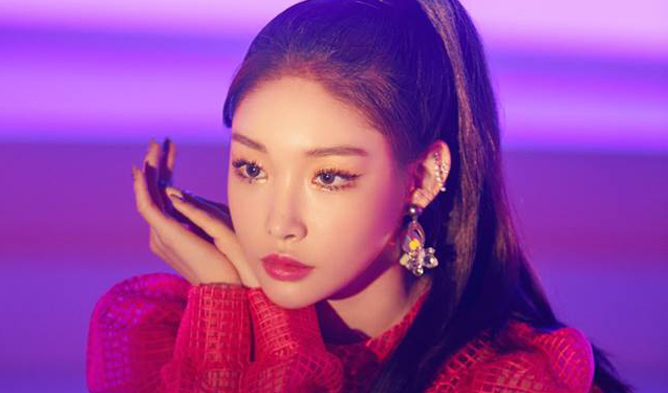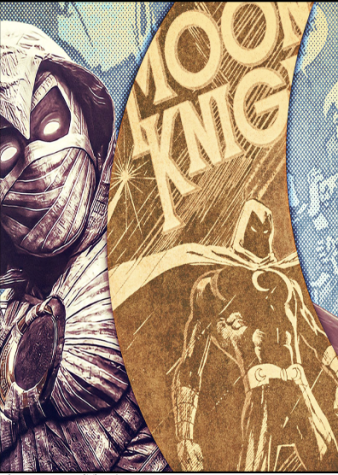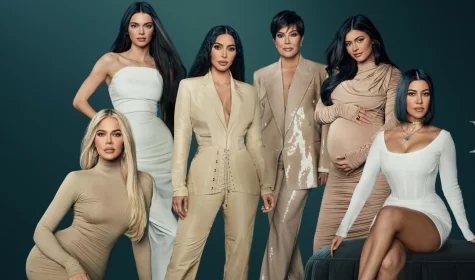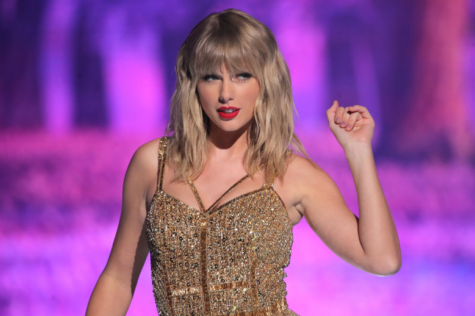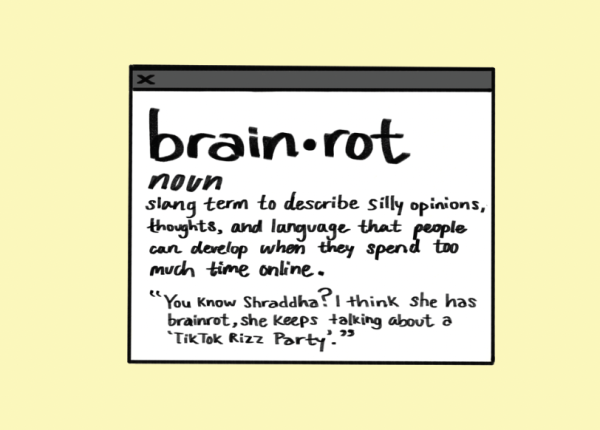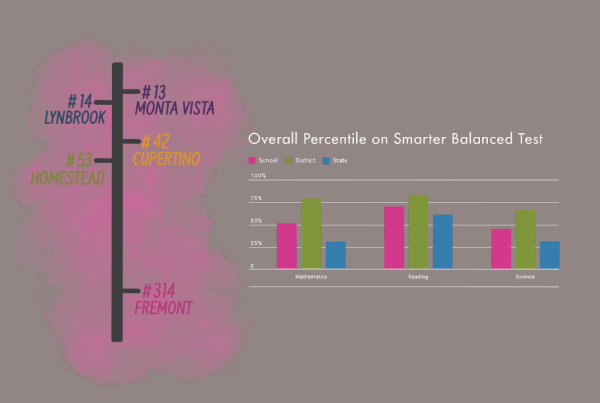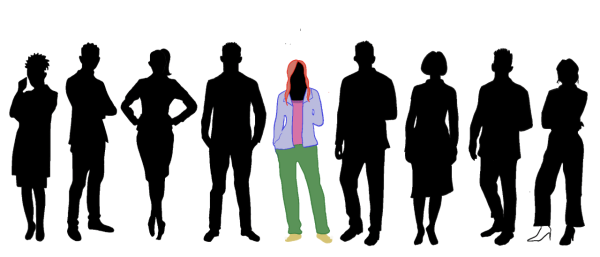Music: Exploring K-pop
Over the past few years, K-pop has gradually found its place in the western music industry. K-pop has gained popularity not gradually but via numerous large waves. The most recent wave was during the 2020 quarantine, after BTS released their single “Dynamite.” It became the first K-pop song to be nominated for a Grammy, an awards ceremony usually dominated by western artists.
This rise of K-pop in western media has influenced how East Asians in America are viewed, for better or for worse. In the predominantly white western industry, Asians in the media are incredibly under-represented and confined to stereotypical roles. Asian characters are subjected to many stereotypical traits, whether it be as the kung-fu master, the accented immigrant or the genius hacker that fail to accurately represent Asian people. The latest wave of K-pop popularity has helped significantly in breaking down barriers and deconstructing the typical negative representation of Asians in western media.
The latest wave of popularity for K-pop has had its pros and cons. Although the Korean wave has somewhat been successful in taking down old stereotypes about East Asians, the popularity of K-pop idols has fed into the fetishization of Asians and contributed to the toxicity of K-pop fandoms. East Asian culture, specifically Korean culture, has been under the spotlight lately, being recognized and enjoyed by people of other cultures. However, many individuals take it too far to the point where it does not feel like appreciation anymore. “Koreaboo” is a term used to negatively describe fans who are obsessed with Korean culture even though they have no real connection to the culture. The romanticization of Korean culture feeds into fetishization and idealization of east Asians, an example being many K-pop fans specifically wanting to find a Korean partner.
While there are many now who hold an over-appreciation or even fetishization of Korean culture, it certainly does nothing to counteract the ever-present racism that many westerners hold. Xenophobia, more specifically sinophobia, is extremely common when K-pop bands such as BTS receive hate-filled comments. Rather than receiving hate comments about their music or performances, most of the negativity directed towards them is about their race and ethnicity. Comments such as “China Man’’ are extremely prevalent. This ties into larger social issues such as Asian hate which has increased greatly since the start of the pandemic. After the 2021 Grammy Awards, Garbage Pail Kids released a product called the “Shammy Awards” which was intended to “poke fun” at the performances, served a very different purpose when it came to BTS. While other images of artists were based on their performances, BTS was drawn in a Whack-a-mole game, bruised and battered, amidst a surge in Asian hate crimes.
Another facet of their identities that is a target for hate is their appearance, such as fashion choices or make-up. As many male K-pop idols tend to reject stereotypical masculine forms of dressing, they are labeled as “sissys” or assumed to be gay. Kai, a member of the k-pop band EXO, has been called degrading names for regularly sporting outfits which include crop tops, a conventionally more feminine article of clothing. Internationally popular male K-pop idols have constantly been criticized for their use of make-up to enhance beauty. Questions such as “Are they wearing make-up?” or “Is he gay?” revolve constantly around male K-pop groups. This is largely due to the fact that makeup usage in males is generally looked down upon in western society.
While K-pop has increased East Asian representation in media, it has many unexpected downsides. The hate K-pop artists receive negatively affects the artists themselves as well as East Asians overall.




